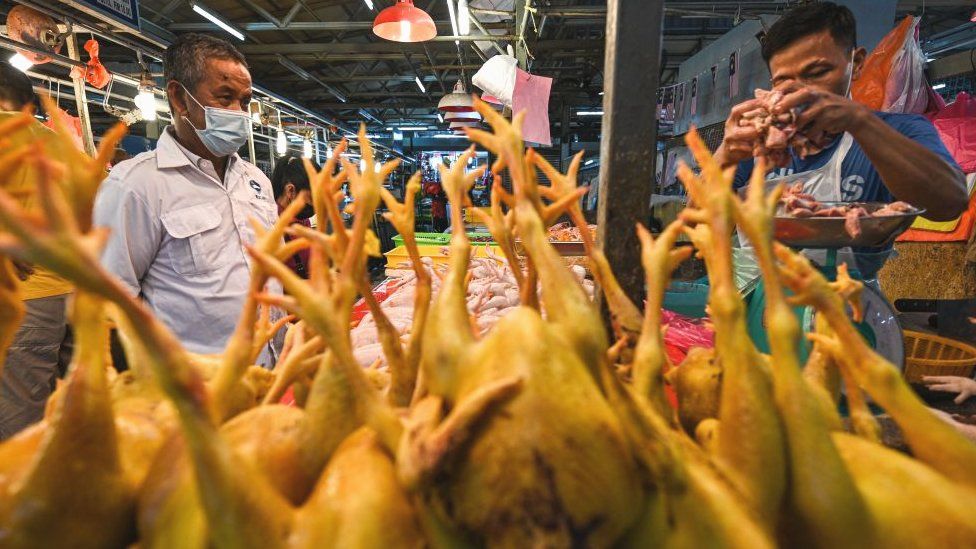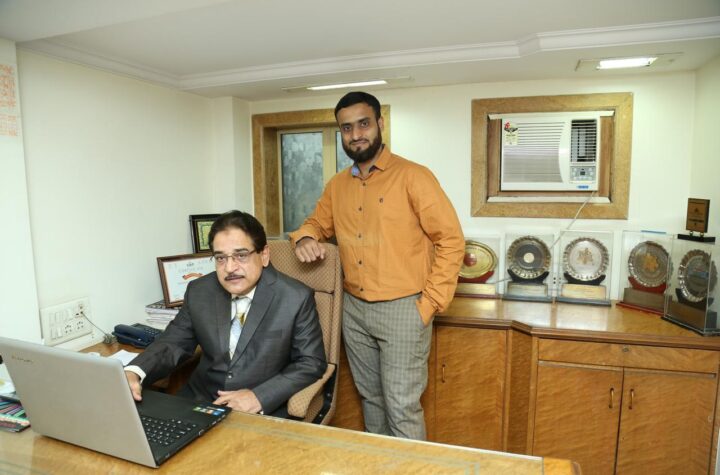Malaysia has announced that it will reduce chicken exports beginning in June due to shortages in the nation.
In other parts of Asia, India has restricted wheat exports, and Indonesia has banned palm oil exports.
Following Russia’s invasion of Ukraine, the globe is experiencing its worst food crisis in decades.
Concerns have been raised by one agriculture expert regarding the emergence of so-called “food nationalism” among governments in the region.
Chicken prices have risen in Malaysia in recent months, and some merchants have set limits on how much meat customers may buy.
Malaysian Prime Minister Ismail Sabri Yaakob announced on Monday that the country will halt exporting up to 3.6 million chickens each month “until domestic pricing and production stabilise.”
Singapore, where Malaysian imports account for almost a third of its chicken supplies, appears to be particularly vulnerable to the change.
The majority of the birds arrive in Singapore alive before being butchered and chilled.
The newest development in the global food crisis is Malaysia’s restriction on chicken exports.
Last month, the World Bank warned that historic spikes in food prices might push hundreds of millions of people into poverty and starvation.
Ukraine is a significant wheat exporter, but since Russia invaded the nation, production has fallen.
As a result, global wheat prices have surged. It has also increased the potential of supply shortages in countries that rely on it.
Wheat prices began to increase again earlier this month after India imposed export restrictions. After a hot spell in the country pushed domestic prices to new highs, the Indian government took action.
Palm oil prices have surged in recent weeks as Indonesia, the world’s largest producer of the commodity, which is used in everything from processed foods to soap, banned shipments for three weeks to cut domestic cooking oil prices. The prohibition was lifted on Monday.
These are manifestations of “food nationalism,” according to Sonia Akter, an assistant professor at Singapore’s Lee Kuan Yew School of Public Policy.
Professor William Chen of Nanyang Technological University in Singapore, on the other hand, believes the export restrictions are simply temporary and do not represent true food nationalism.











More Stories
Trump Announces Drug Pricing Deals to Cut Cost of Weight-Loss Medications
Poor Engineering Led to Titan Submersible Implosion, Say US Authorities
Nvidia Boss Predicts UK Will Become an “AI Superpower” as Tech Giants Pledge Billions